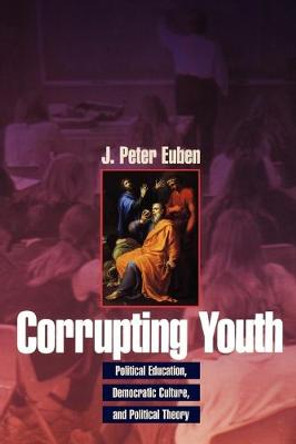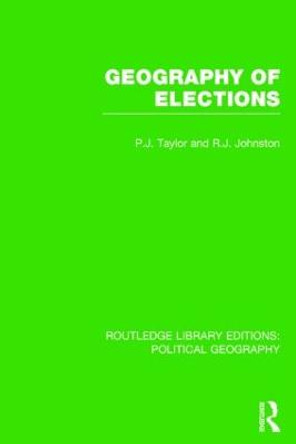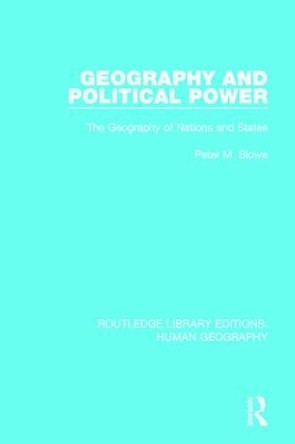Description
First published 1997, this volume examines the way in which political corruption remains neglected as a matter of scholarly enquiry and research. There is still a powerful and traditional taboo which is quite out of the step with the topic's real world significance and the increasing attention it receives from serious sections of the media. The book aims by systematic exposition and case study to break down that taboo and to demonstrate the topic's importance within a framework provided by the discipline of geography. The novelty of the book is then that it considers a formerly unconsidered factor - corruption - as part of the world's geography, as both part of the geographical context in which human activity takes place and as a spatially variable condition explicable at least in part in terms of other geographies. The conclusion is that much geographical scholarship ignores this factor at the risk of its credibility.
Reviews
'...very nicely done...It is felicitously written, clearly argued, well documented and useful as an introduction to what is by now a very large field of inquiry...it commends itself to both student and specialist.' CHOICE 'Perry has collected interesting data, sifted through enormous amounts of reference material...I lost count of the examples...on these two counts alone, the book is quite an achievement.' New Zealand Geographer '...provides a new, imaginative analytical approach...Perry's work is diligent and comprehensive.' Journal of Contemporary Asia Publishers
Book Information
ISBN 9781138329966
Author Peter J. Perry
Format Hardback
Page Count 157
Imprint Routledge
Publisher Taylor & Francis Ltd
Weight(grams) 470g









